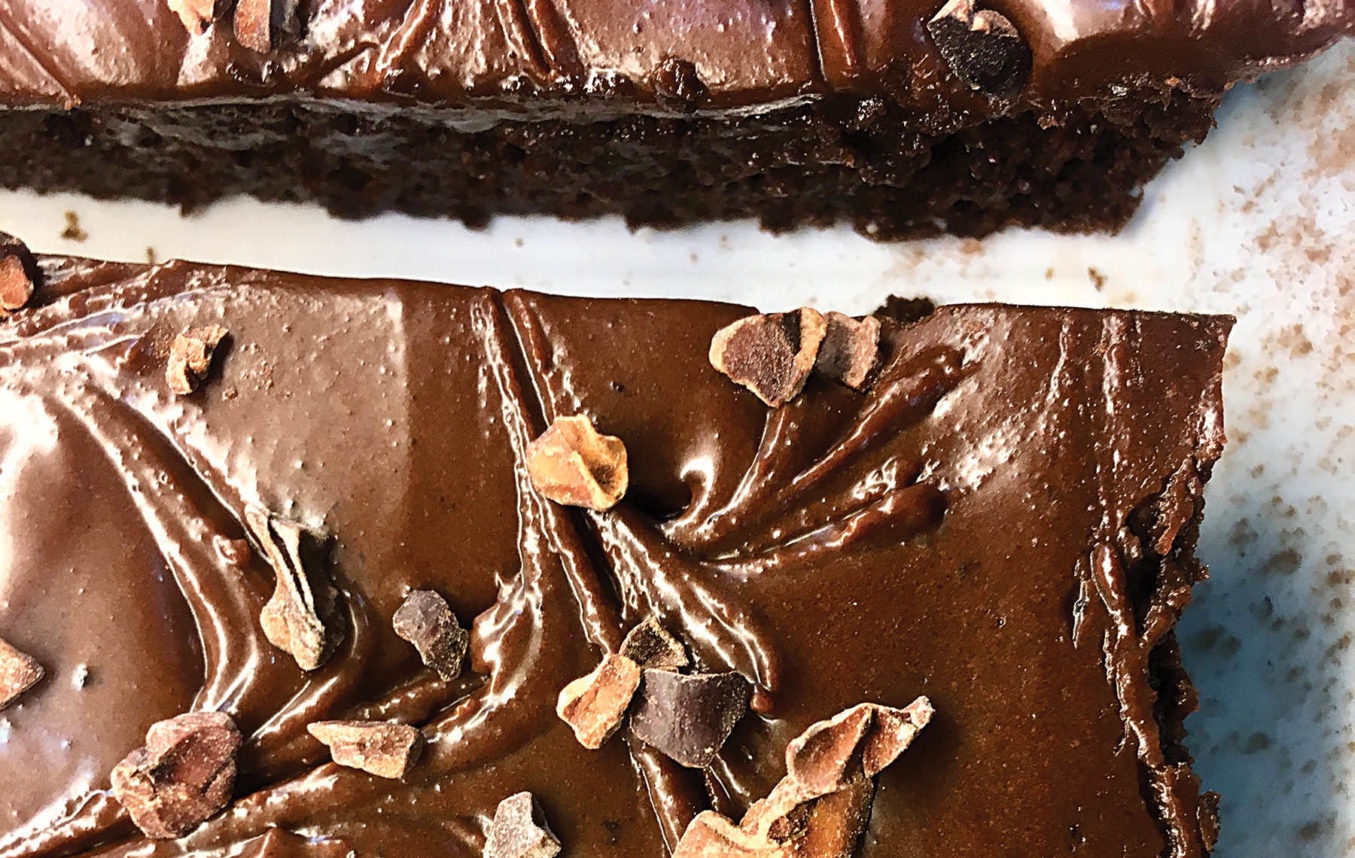Nature Knows and Psionic Success
God provides
The Wow of Cacao: Guilt-Free Black Bean Brownies

It’s been well documented that guilt is a word often associated with food in American culture. In his book “In Defense of Food: An Eater’s Manifesto,” New York Times best-selling author Michael Pollan writes, “We showed the words ‘chocolate cake’ to a group of Americans and recorded their word associations. ‘Guilt’ was the top response. If that strikes you as unexceptional, consider the response of French eaters to the same prompt: ‘celebration.’ ” As a chef serving primarily American customers, I can second that sentiment. My customers generally alternate between “I love you” and “I hate you” in response to a dessert I bring out, and when they indulge too frequently, of course, who do they blame for their weight gain? Because I work in an American embassy, security clearance is a barrier to entry for customers who aren’t employed by the U.S. government. Therefore, as much as I jokingly tell diners not to blame me if their bathroom scales don’t tip in a favorable direction, I’m still acutely aware that I need to balance the apple fritter doughnuts and triple-chocolate mousse cakes with healthier options. I do this by providing plenty of fresh vegetable dishes, the Mediterranean fare of my Israeli upbringing and composed salads on the menu, but I also have a secret-weapon dessert that is so virtuous yet so seemingly decadent that I’ve been called a liar on more than one occasion. As a chef, this is when you know you’ve hit the culinary jackpot with a recipe: When the feedback alternates between “this cannot be made of X” and “I like this better than a real Y,” that’s when you know you have a keeper. Although I don’t obsess over chocolate, I know it’s the common denominator for “swoon factor” on a restaurant or café […]
Click here to view full article
